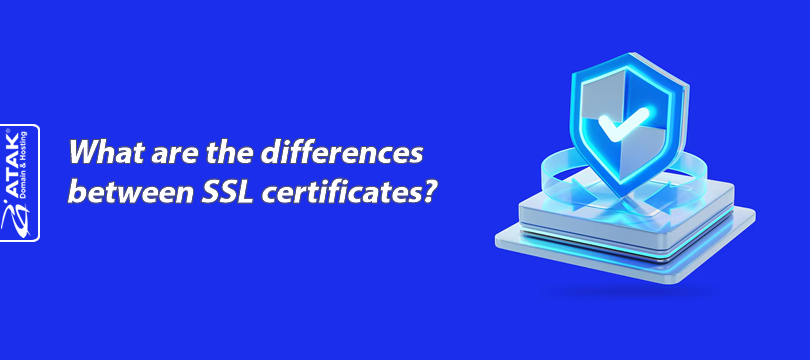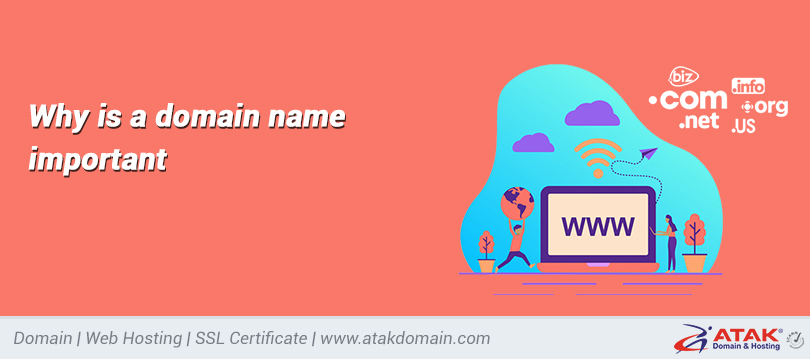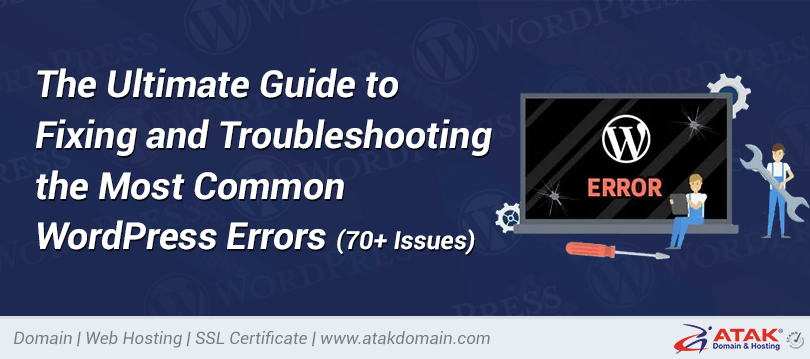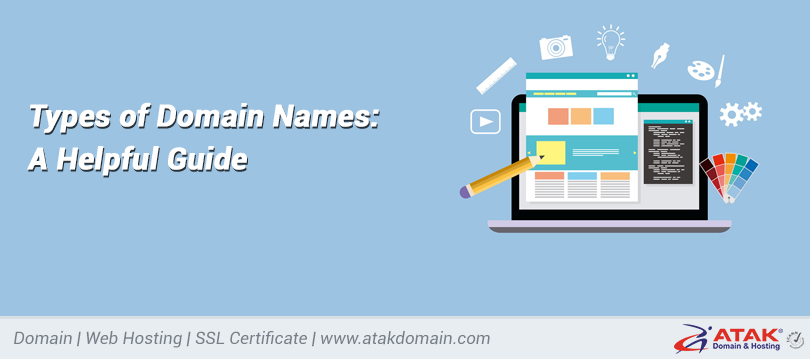
What are the differences between SSL certificates?
One of the tools used to ensure security while users interact with websites is the SSL certificates.
SSL (Secure Sockets Layer) certificates provide security for both the user and the website by encrypting data transmission over the internet.
SSL certificates can be classified based on different levels of validation. These classifications determine the security level of the website and the extent of the verification process carried out by the issuing authority. In this article, we will explore the differences between Domain Validated SSL (DV SSL), Organization Validated SSL (OV SSL), and Extended Validation SSL (EV SSL) certificates.
Domain Validated SSL Certificate (Quick Setup SSL, DV)

- Domain Validated SSL (DV) represents the most basic level of SSL certificates. This type only verifies that you own the domain.
- The DV SSL certificate validation process is managed by the SSL provider and involves verifying domain ownership through methods such as email, DNS record, or uploading a file to the FTP directory. Once validation is complete, the certificate is issued and can be installed on the website.
Features and Use Cases
- Fast and Low Cost: DV SSL certificates are quicker and more cost-effective compared to other types. The application and validation process can be completed within minutes.
- Basic Security: These certificates encrypt all data traffic on the website, but only confirm domain ownership.
- Use Cases: Ideal for personal blogs, small business sites, test servers, and websites that require data protection but do not need identity validation.
Organization Validated SSL Certificate (Business SSL, OV)

- Organization Validated SSL (OV) offers a higher level of validation compared to DV SSL certificates. These certificates go beyond domain verification and require a more detailed verification process to confirm the existence of the business applying. The applicant must prove both domain ownership and the legal registration of the organization, often by submitting a tax certificate and a letter from a certified accountant.
Features and Use Cases
- Advanced Validation Process: OV SSL certificates verify not only domain ownership but also the legal existence of the organization.
- Higher Level of Security: These certificates provide more assurance about the identity of the website. Users can see that the website is managed by a legitimate business.
- Use Cases: Suitable for small businesses and non-profit organizations. Ideal for organizations that want to secure their website but do not need very deep validation.
- Advanced Identity Verification: These certificates offer users more information about the organization behind the website, enhancing trust.
Extended Validation SSL Certificate (EV SSL)

Extended Validation SSL (EV SSL) represents the highest level of SSL certificate validation. These certificates involve an in-depth verification process that goes beyond domain validation and includes confirming the applicant company's legal existence, business activities, legal records, and other critical information. EV SSL is especially preferred by large enterprises, banks, and e-commerce sites because it assures users of the legitimacy of the organization behind the website.
Features and Use Cases:
Comprehensive Validation Process: EV SSL certificates involve a detailed review to confirm the identity and legal status of the applying organization.
Highest Level of Security: These certificates offer the highest level of security for both the website and its visitors. The address bar in the browser may display the organization’s name in green, indicating a trusted business.
Use Cases: Ideal for banks, e-commerce sites, government websites, and any website requiring high-level security.
User Assurance: EV SSL provides users with the highest level of trust. The green address bar in the browser shows that the website has been legally verified.
Main Differences
| Feature | DV SSL | OV SSL | EV SSL |
| Validation Type | Domain validation | Domain and organization validation | Domain and extended organization validation |
| Processing Time | Fast, can be issued within minutes | Takes 1-3 business days, requires documents | Can take 3-7 business days, requires extensive documentation |
| Cost | Low cost | Moderate cost | High cost |
| Use Cases | Personal sites, blogs, testing environments | Small businesses, corporate websites | Banks, large e-commerce sites, high-security websites |
| Security Level | Basic security | Higher security, organization verification | Highest security, full validation and green address bar |
| User Trust | Validates domain ownership | Validates legal existence of the business | Fully validates legal identity and security of the organization |
DV SSL, OV SSL, and EV SSL certificates provide security for website owners. However, which certificate you should use depends on the type of your website and your security needs.
If you need only basic security and a quick solution, a DV SSL certificate may be sufficient. However, if you want to ensure a moderate level of security and verify your business identity, an OV SSL is appropriate.
In situations where users expect the highest level of trust and you want to show that your website is run by a verified organization, EV SSL should be the preferred choice. This is especially the most secure option for large e-commerce sites, companies, and financial institutions.


